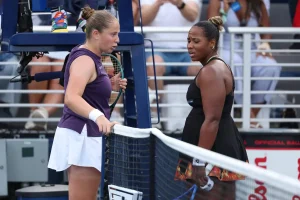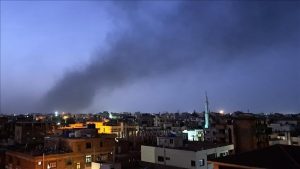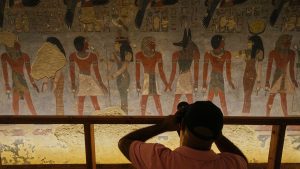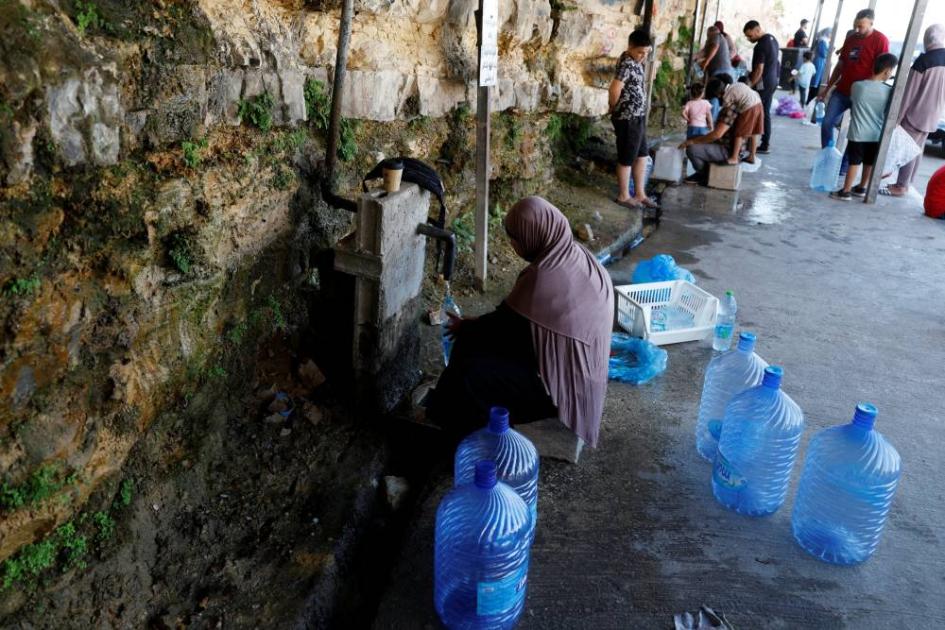Ramallah – Reuters
Les Palestiniens en Cisjordanie occupée font face à une grave pénurie d’eau qu’ils attribuent à l’escalade des attaques des colons juifs extrémistes contre les rares sources d’eau.
Dans toute la Cisjordanie, les habitants se plaignent du manque d’eau qui a conduit à l’assèchement des robinets dans les maisons et à l’absence d’eau pour les activités d’irrigation dans les champs.
À Ramallah, l’une des plus grandes villes palestiniennes de Cisjordanie et capitale administrative de l’Autorité palestinienne, les habitants confrontés à la pénurie d’eau dépendent désormais des robinets publics.
Umm Ziad, remplissant des bouteilles en plastique avec de l’eau aux côtés d’autres habitants de Ramallah, a déclaré : « L’eau est la base de la vie, et ici la pression de l’eau a chuté à cause des colons. Ils ont coupé l’eau à Kafr Malik, qui distribue l’eau en Cisjordanie, donc nous avons maintenant une crise de l’eau et venons remplir de l’eau d’ici. »
Les Nations Unies ont documenté 62 incidents de sabotage perpétrés par des colons juifs visant des puits d’eau, des conduites, des réseaux d’irrigation et d’autres infrastructures hydrauliques en Cisjordanie au cours des six premiers mois de l’année.
L’armée israélienne a reconnu avoir reçu plusieurs rapports faisant état de civils israéliens causant délibérément des dommages aux infrastructures hydrauliques, sans identifier de suspects.
Parmi les sources d’eau ciblées figure une source d’eau douce et une station de distribution d’eau à Ein Samia, à environ 16 kilomètres au nord-est de Ramallah, desservant environ 20 villages palestiniens voisins et certains quartiers.
Des colons ont pris le contrôle de la source utilisée par plusieurs Palestiniens depuis des générations pour s’hydrater pendant les chaudes journées d’été. L’Autorité de l’eau de Jérusalem a déclaré que la station de distribution d’eau d’Ein Samia est devenue une cible fréquente de sabotage par des colons.
Abdullah Ba’irat (60 ans), résident du village voisin de Kafr Malik, debout sur une colline surplombant la source, a déclaré que la violence des colons a fortement augmenté.
Il a ajouté : « Ils entrent dans les stations d’eau à la source, les cassent, enlèvent les caméras et coupent l’eau pendant des heures. Cette eau irrigue 70 000 personnes. »
Les colonies israéliennes entourant la source d’Ein Samia et le village de Kafr Malik augmentent.
Les Nations Unies et la plupart des gouvernements mondiaux considèrent les colonies en Cisjordanie comme illégales au regard du droit international et comme un obstacle à la création d’un futur État palestinien.
Le Bureau de la coordination des affaires humanitaires de l’ONU a noté que les colons ont mené plusieurs attaques ciblant des sources d’eau et des infrastructures hydrauliques vitales à Ramallah, Salfit et Naplouse entre le 1er juin et le 14 juillet. Un rapport de juillet a indiqué que la source d’Ein Samia a été attaquée à plusieurs reprises.
L’armée israélienne a répondu aux questions sur ce rapport en déclarant que les forces de sécurité israéliennes considèrent tout dommage aux infrastructures comme une violation grave et mènent des opérations secrètes et publiques pour empêcher d’autres dommages. Elle a ajouté que l’Autorité palestinienne de l’eau a reçu l’accès pour effectuer des réparations.
Kareem Jibran, directeur de la recherche sur le terrain à B’Tselem (Centre d’information israélien pour les droits de l’homme dans les territoires occupés), a déclaré que les colons ont pris le contrôle de la plupart des sources naturelles en Cisjordanie ces dernières années et empêchent les Palestiniens d’y accéder.
Les Palestiniens font depuis longtemps face à des campagnes d’intimidation, de harcèlement et de violence physique menées par des colons extrémistes, qui représentent une minorité des colons juifs vivant en Cisjordanie. La plupart des colons vivent dans des colonies pour des raisons financières ou idéologiques et ne prônent pas la violence contre les Palestiniens.
Les Palestiniens craignent que l’escalade de la violence des colons fasse partie d’une campagne pour les expulser de la terre. L’ONU a enregistré 925 incidents de ce type au cours des sept premiers mois de l’année, soit une augmentation de 16 % par rapport à l’année précédente. Depuis l’attaque du Hamas, certains politiciens israéliens appellent à annexer la Cisjordanie.
Les Palestiniens souhaitent établir leur futur État en Cisjordanie et dans la bande de Gaza, avec Jérusalem-Est comme capitale.
Dans toute la Cisjordanie, des réservoirs d’eau sont répandus dans les maisons palestiniennes, où l’eau de pluie ou l’eau livrée par camion est stockée en raison d’un réseau d’eau peu fiable, aggravé par les attaques des colons.
En plus de parcourir de longues distances pour chercher de l’eau, les Palestiniens dépendent de livraisons d’eau coûteuses pour gérer la crise chronique de l’eau qu’ils craignent de voir s’aggraver.
Wafiq Salim, qui puisait de l’eau à un robinet public à l’extérieur de Ramallah, a déclaré : « Si les colons restent, nous sommes condamnés… un conflit plus grand que l’occupation va se produire, la chose la plus importante est l’eau. »













Recommended for you
مدينة المعارض تنجز نحو 80% من استعداداتها لانطلاق معرض دمشق الدولي
طالب الرفاعى يؤرخ لتراث الفن الكويتى فى "دوخى.. تقاسيم الصَبا"
تقديم طلبات القبول الموحد الثلاثاء و640 طالبا سيتم قبولهم في الطب
البريد المصري: لدينا أكثر من 10 ملايين عميل في حساب التوفير.. ونوفر عوائد يومية وشهرية وسنوية
سمو الشيخ عيسى بن سلمان بن حمد آل خليفة يستقبل سفير الولايات المتحدة الأمريكية لدى مملكة البحرين
الجغبير: القطاع الصناعي يقود النمو الاقتصادي